- The Mutual Defence Treaty between Manila and Washington marked its 70th anniversary this month, but it has been criticised for obsolete practices
- Amid concerns over a resurgence of militant behaviour, the pact needs to be reviewed to ensure Washington aids Manila in combating threats to national security
\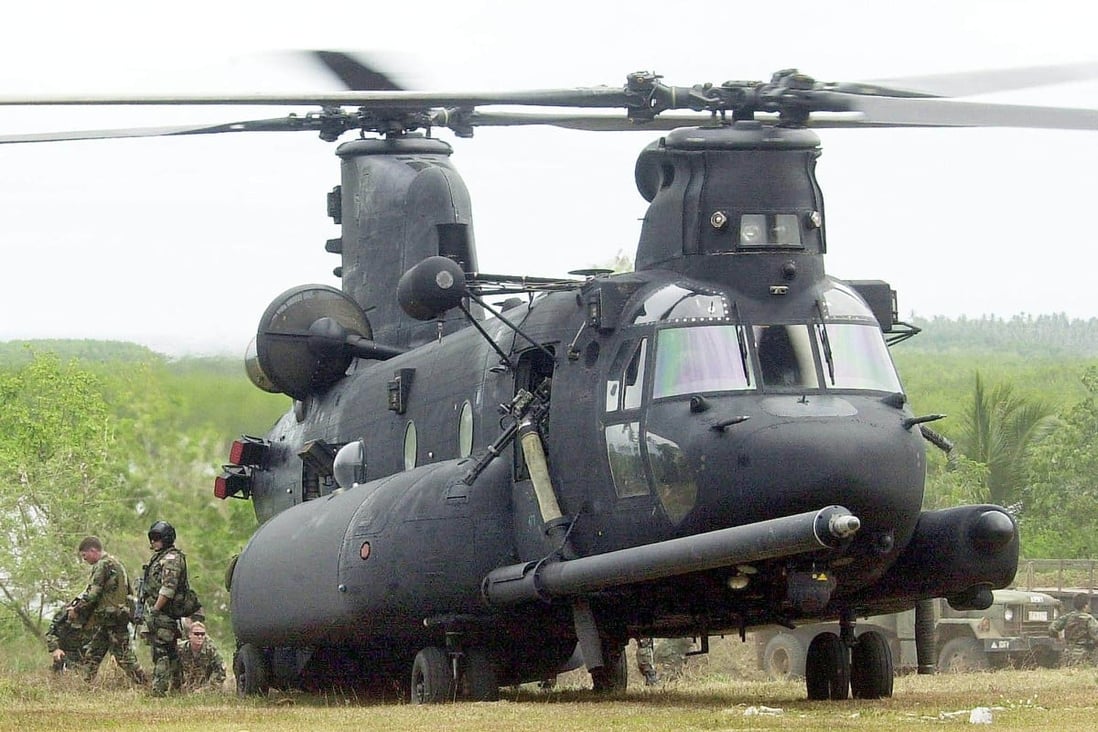

US Army Special Forces at a Philippine army base in the southern Philippines. Photo: AFP
The September 11 terrorist attacks in New York and Washington, in which the financial and political capitals of the US were gutted by non-state actors, changed the contours of the international security landscape.
The Philippines, Washington’s oldest treaty ally in the Indo-Pacific, is no stranger to terrorism and violent extremism, as seen in the 2013 stand-off with a faction of the Moro National Liberation Front in Zamboanga City, as well as the 2017 siege of Marawi by militants affiliated with Islamic State (Isis).
These major terrorist incidents took place despite the passage of the Human Security Act of 2007, Manila’s primary anti-terrorism law, which did not succeed in quashing the activities of al-Qaeda-linked local groups such as Abu Sayyaf or Indonesia-based Jemaah Islamiah, which is known to be operating in the Philippines. As such, the more stringent Anti-Terrorism Act of 2020 was enacted.
Meanwhile, the Mutual Defence Treaty (MDT) between Manila and Washington marked its 70th anniversary last month, making it one of the world’s longest-lived agreements of its kind. However, it has been criticised for obsolete practices amid the evolving global security landscape that hinges on sovereignty issues in terms of addressing transnational crimes like terrorism, and it was recently challenged by the wider Philippine security sector, which called for a review of its provisions in anticipation of changes in the country’s defence and foreign policies.
The Philippines must consider banning foreign forces from directly engaging in combat on its soil. Its failure to do so thus far has become a handicap and is one of the main reasons why the terrorist conundrum has lasted so long in the southern Philippines despite tactical and strategic support from major powers to crush jihadis in Marawi.
The September 11 terrorist attacks in New York and Washington, in which the financial and political capitals of the US were gutted by non-state actors, changed the contours of the international security landscape.
The Philippines, Washington’s oldest treaty ally in the Indo-Pacific, is no stranger to terrorism and violent extremism, as seen in the 2013 stand-off with a faction of the Moro National Liberation Front in Zamboanga City, as well as the 2017 siege of Marawi by militants affiliated with Islamic State (Isis).
These major terrorist incidents took place despite the passage of the Human Security Act of 2007, Manila’s primary anti-terrorism law, which did not succeed in quashing the activities of al-Qaeda-linked local groups such as Abu Sayyaf or Indonesia-based Jemaah Islamiah, which is known to be operating in the Philippines. As such, the more stringent Anti-Terrorism Act of 2020 was enacted.
Meanwhile, the Mutual Defence Treaty (MDT) between Manila and Washington marked its 70th anniversary last month, making it one of the world’s longest-lived agreements of its kind. However, it has been criticised for obsolete practices amid the evolving global security landscape that hinges on sovereignty issues in terms of addressing transnational crimes like terrorism, and it was recently challenged by the wider Philippine security sector, which called for a review of its provisions in anticipation of changes in the country’s defence and foreign policies.
The Philippines must consider banning foreign forces from directly engaging in combat on its soil. Its failure to do so thus far has become a handicap and is one of the main reasons why the terrorist conundrum has lasted so long in the southern Philippines despite tactical and strategic support from major powers to crush jihadis in Marawi.
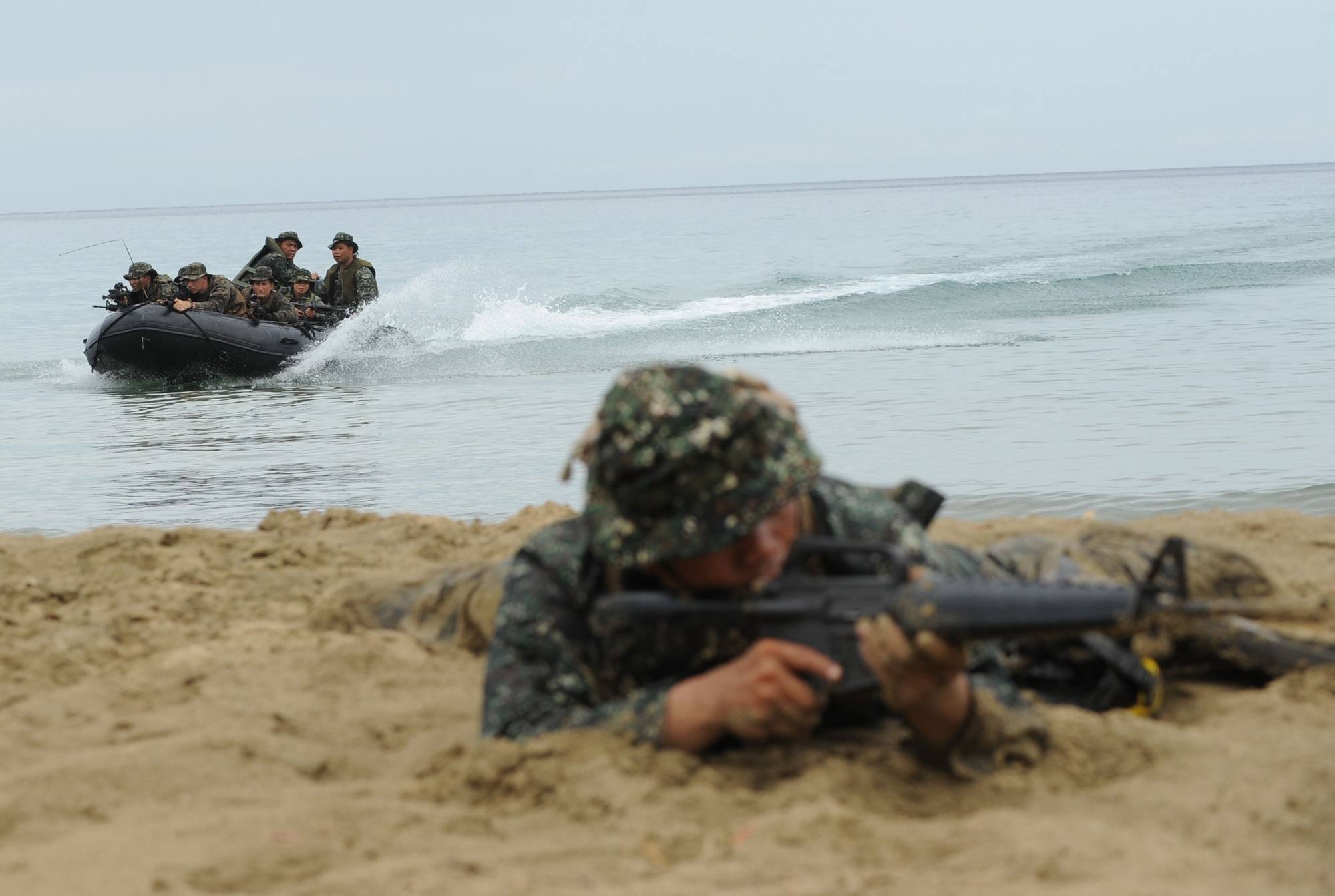
A Philippine marine takes part in a joint exercise with US troops. Photo: AFP
September 11 and the signing of the MDT were important and symbiotic events for the Philippines. The treaty with the US was instrumental in the Philippines’ participation in the “war on terror” under president George W. Bush, during which Afghanistan was invaded in 2001.
In December that year, Washington sent its ground and Special Operations Forces to Mindanao to quell Islamist terrorists, in what was the second-largest American deployment outside Afghanistan. Two years later, the Philippines deployed a contingency force to support the US-led coalition that occupied Iraq. This was cut short in 2004 after Iraqi militants kidnapped an overseas Filipino worker; to secure his release, then president Gloria Arroyo agreed to their terms that the Philippines would withdraw from Iraq.
Maritime insecurities over the presence of Chinese vessels in the West Philippine Sea – Manila’s designation for the parts of the South China Sea that are in its exclusive economic zone – have troubled presidents from Fidel Ramos to Rodrigo Duterte, and have needed the support of the MDT.
READ
September 11 and the signing of the MDT were important and symbiotic events for the Philippines. The treaty with the US was instrumental in the Philippines’ participation in the “war on terror” under president George W. Bush, during which Afghanistan was invaded in 2001.
In December that year, Washington sent its ground and Special Operations Forces to Mindanao to quell Islamist terrorists, in what was the second-largest American deployment outside Afghanistan. Two years later, the Philippines deployed a contingency force to support the US-led coalition that occupied Iraq. This was cut short in 2004 after Iraqi militants kidnapped an overseas Filipino worker; to secure his release, then president Gloria Arroyo agreed to their terms that the Philippines would withdraw from Iraq.
Maritime insecurities over the presence of Chinese vessels in the West Philippine Sea – Manila’s designation for the parts of the South China Sea that are in its exclusive economic zone – have troubled presidents from Fidel Ramos to Rodrigo Duterte, and have needed the support of the MDT.
READ
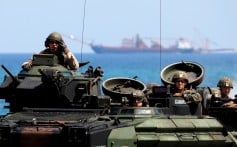
But the country’s protracted internal security situation, where insurgency and terrorism overlap – and where foreign militants often exploit local grievances and resentments to spread an ideology of enmity and violence – also requires the treaty’s support. As a reminder, through the MDT, the Philippines received indirect support from US counter-intelligence and counterterrorism operations in halting Isis-inspired jihadist groups, as seen in the siege of Marawi.
This support is needed again. A year before the Anti-Terrorism Act of 2020 was passed, there was a jihadi suicide bombing at the Roman Catholic cathedral in Jolo, in the province of Sulu. Twenty people were killed and more than 100 others injured in the attack, which used improvised explosive devices containing ammonium nitrate – similar to the tactic used by Southeast Asian terrorists in the 2002 Bali bombings.
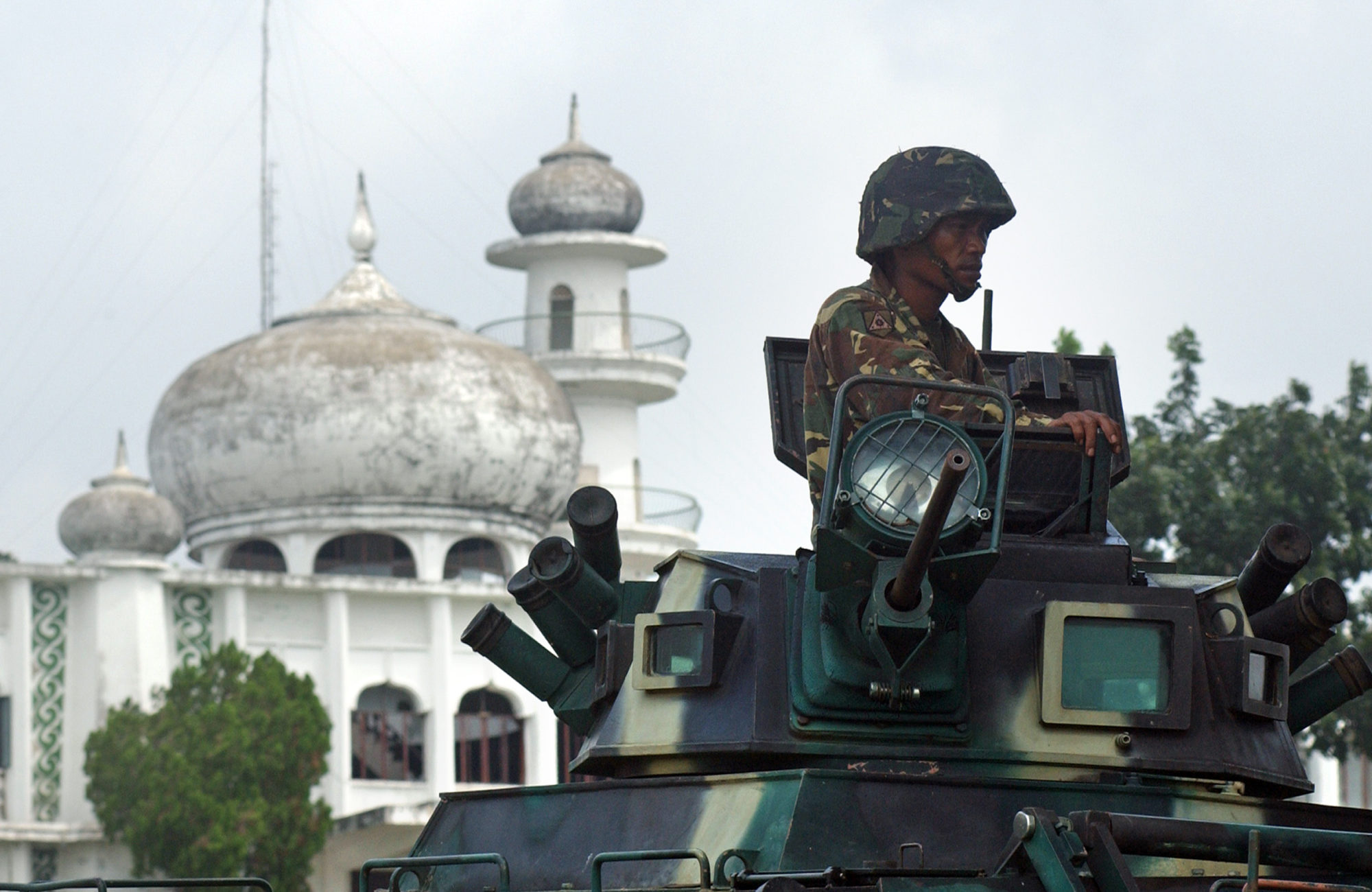
Philippine soldiers on patrol in Zamboanga City on the southern Philippine island of Mindanao. Photo: AFP
The Philippines has also not been spared the phenomenon of foreign terrorist fighters, which developed in four waves: from mostly educated and Middle Eastern Arabs who joined al-Qaeda in
Afghanistan to fight the Soviets in the 1980s; elite expatriates from the Middle East who attended universities in the West, and were self-recruited or globally connected through the internet; individuals who formed fluid and informal networks, who were self-financed and self-trained; and fighters who joined the rise of Isis’ network formed through family and friends and linked up with each other on the battlefield. Foreign terrorists, including Isis-linked groups, continue to thrive in the Philippines, particularly in Mindanao.
As a response to the increasing threat posed by the foreign terrorist fighters, the United Nations Security Council promulgated Resolution (UNSCR) 2178 on September 24, 2014, requiring all UN member-states to implement criminal justice measures to criminalise foreign terrorists.
This resolution has been included in Manila’s amended anti-terror law of 2020. Only last year amid the pandemic, attacks by Islamic militants in May 2020 prompted the evacuation of over 6,000 people in Mindanao. The MTD could be an instrument for military cooperation in combating foreign terrorist fighters, which have become a collective problem for Manila and Washington.
READ
Philippines’ VFA with US in full force after Duterte ‘retracts’ termination letter
30 Jul 2021
The Philippines has also not been spared the phenomenon of foreign terrorist fighters, which developed in four waves: from mostly educated and Middle Eastern Arabs who joined al-Qaeda in
Afghanistan to fight the Soviets in the 1980s; elite expatriates from the Middle East who attended universities in the West, and were self-recruited or globally connected through the internet; individuals who formed fluid and informal networks, who were self-financed and self-trained; and fighters who joined the rise of Isis’ network formed through family and friends and linked up with each other on the battlefield. Foreign terrorists, including Isis-linked groups, continue to thrive in the Philippines, particularly in Mindanao.
As a response to the increasing threat posed by the foreign terrorist fighters, the United Nations Security Council promulgated Resolution (UNSCR) 2178 on September 24, 2014, requiring all UN member-states to implement criminal justice measures to criminalise foreign terrorists.
This resolution has been included in Manila’s amended anti-terror law of 2020. Only last year amid the pandemic, attacks by Islamic militants in May 2020 prompted the evacuation of over 6,000 people in Mindanao. The MTD could be an instrument for military cooperation in combating foreign terrorist fighters, which have become a collective problem for Manila and Washington.
READ
Philippines’ VFA with US in full force after Duterte ‘retracts’ termination letter
30 Jul 2021
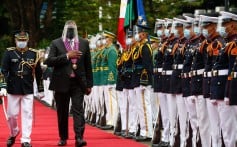
Now that the Taliban has successfully retaken Afghanistan – following the chaotic withdrawal of US troops after 20 years of war in the country, and as the US limits its engagement as a global police force and looks to transform itself into a protectionist superpower – observers are apprehensive that there might be a resurgence in global terrorism, complicated by the pandemic.
Insurgency and terrorism remain the top internal security threats in the Philippines, and while Manila prepares for the election of a new president next year, the robust MDT should remain – though it needs a review in light of these geopolitical changes.
This review would not mean a revocation or renegotiation of the treaty, but instead a look at what has been done before to address the resurgent terrorist threats that will challenge Philippine national security. The next Filipino president must adhere to the spirit of the new anti-terror law and address the bigger socioeconomic problems in Mindanao to prevent the escalation of terrorism in the Philippines.
[Chester B. Cabalza is the founder and president of the International Development and Security Cooperation (IDSC), a Manila-based think tank]
https://www.scmp.com/week-asia/opinion/article/3149233/philippines-us-defence-treaty-needed-more-ever-talibans-rise

No comments:
Post a Comment
Note: Only a member of this blog may post a comment.